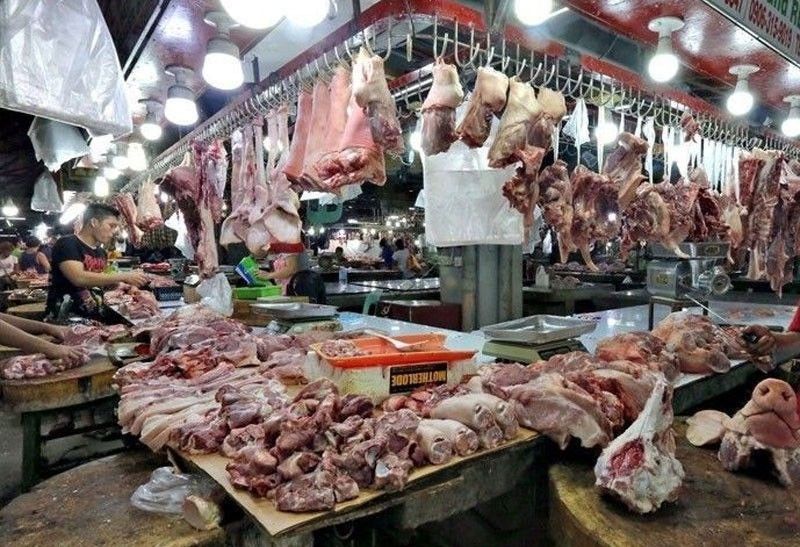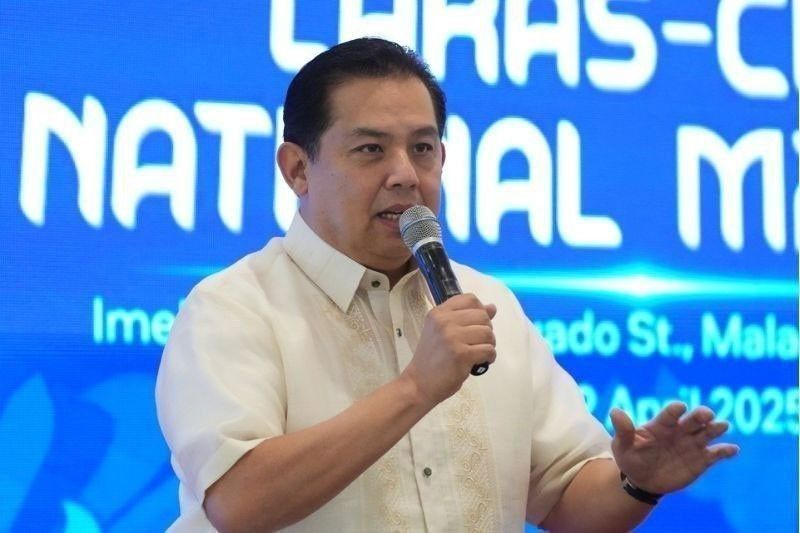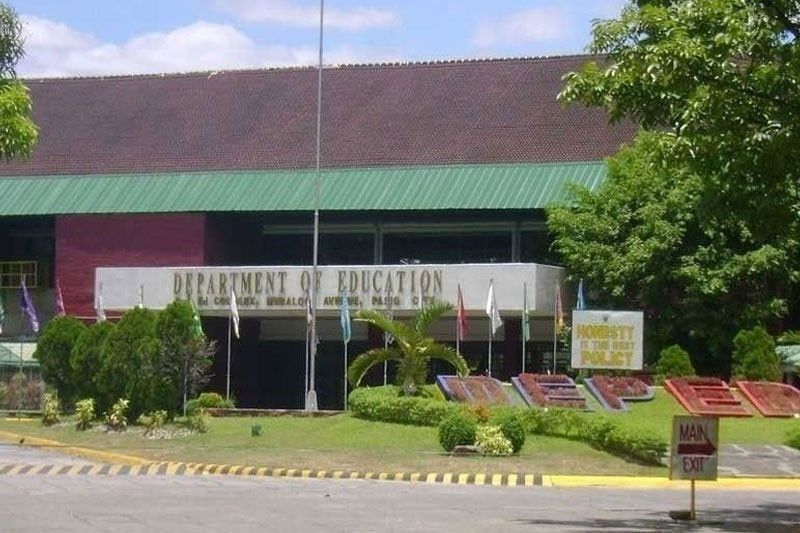
Upgrade to High-Speed Internet for only ₱1499/month!
Enjoy up to 100 Mbps fiber broadband, perfect for browsing, streaming, and gaming.
Visit Suniway.ph to learn
Pia Lee-Brago - The Philippine Star
July 6, 2025 | 12:00am
Men catch milkfish or “bangus” at a fishpond in Lingayen, Pangasinan on April 13, 2025.
STAR / Cesar Ramirez
MANILA, Philippines — Over 180 Filipino fisherfolk were trained in a United States-supported program to expand their knowledge on sustainable fishing practices and strengthen their ability to assert their maritime rights in the South China Sea.
From June 2024 to May 2025, the fisherfolk from Zambales, Cagayan and Sulu participated in the program of the US embassy in Manila in partnership with IMPL-Project Philippines.
They joined a series of workshops under the embassy-sponsored “Empowering Coastal Communities in the Philippines” program, with trainers from the Philippine Coast Guard, the Philippine National Police Maritime Group and the Bureau of Fisheries and Aquatic Resources. They learned about maritime law enforcement, the Philippines’ sovereign maritime rights, strategies to combat illegal, unreported and unregulated (IUU fishing) and strengthening community information campaigns.
The program also enabled fisherfolk to explore alternative livelihood opportunities amid rising maritime tensions that have affected their access to traditional fishing grounds.
“It serves a vital role in mobilizing grassroots action and developing an informed citizenry to better address maritime challenges,” US embassy Deputy Director of Public Engagement Chad Kinnear said at the program’s closing event held in Masinloc, Zambales on June 20.
A key outcome of the program was the establishment of three fisherfolk cooperatives: the Boundless Unity Steadfast and Inclusive Livelihood Agriculture Cooperative (BUSILAC) in Aparri, Cagayan; the Unified Livelihood Agriculture Cooperative (ULAC) in Zambales and the Bangsa’Sug Fishermen Cooperative (BaSFC) in Sulu.
The cooperatives will provide thousands of fisherfolk with access to formal support and income-generating opportunities, while reinforcing their legal recognition as key stakeholders in coastal governance.
“Through the program, I learned the proper procedures for boat licensing and how to ensure our safety when fishing,” said Roland Fuentes, a fisherman from Zambales and ULAC vice chairman.
Participants also regarded the project as a meaningful step toward restoring fish stocks, building local resilience and asserting the Philippines’ sovereign maritime rights in its exclusive economic zone.
“We continue working toward long-term solutions to the maritime challenges our coastal communities face,” IMPL Philippines executive director Julius Suarez said.
By expanding support for local fisherfolk, the United States remains committed to strengthening coastal resilience, advancing economic opportunities and encouraging community-led solutions to maritime challenges in the region.

 9 hours ago
2
9 hours ago
2



